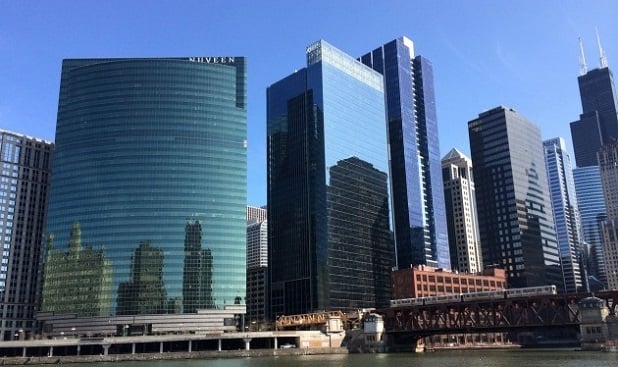 Mid-Year Chicago CRE Market Survey The Real Estate Center DePaul University Brian Rogan Associated Bank, Don Pafford US Bank Michael Episcope Origin Investments Cook County
Mid-Year Chicago CRE Market Survey The Real Estate Center DePaul University Brian Rogan Associated Bank, Don Pafford US Bank Michael Episcope Origin Investments Cook County© Touchpoint Markets, All Rights Reserved. Request academic re-use from www.copyright.com. All other uses, submit a request to [email protected]. For more inforrmation visit Asset & Logo Licensing.







